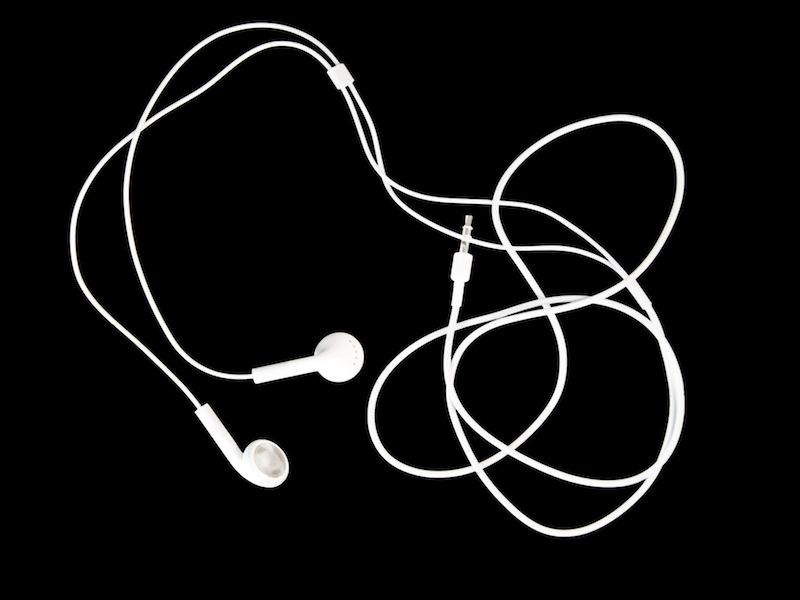
If you haven’t had your hearing checked since you were in grade school, you’re not alone. It’s not usually part of a routine adult physical and sadly, we tend to treat hearing reactively rather than proactively. The majority of people neglect hearing loss, even when they are cognizant of it, for up to seven years which can severely affect your health. As a matter of fact, over time, it’s been proven that your general health cost will go up if you have untreated hearing loss.
The good news, hearing tests are easy, painless, and provide a wide range of information for our professionals to assist you, both for diagnosing hearing problems and assessing whether interventions like hearing aids are working. When you were younger, you may recall the audiometry test from school, but a full hearing test will give you a better understanding of your hearing without a lollipop or sticker.
It’s crucial that you regularly have your hearing examined even though you may not normally give your hearing as much consideration as your teeth or eyes. You may not recognize a problem with your hearing for a long time. Because hearing loss commonly occurs gradually over time it’s not easy to detect it at first, but the sooner you do, the more likely you will be able to efficiently treat it.
How do You Know When You Should be Tested?
Normally the hospital will test babies for hearing loss before they release them. Teenagers should be screened during routine checkups with their physicians and children should get formal hearing exams at the ages of 4, 5, 6, 8 and 10 years old according to The American Academy of Pediatrics.
It’s suggested that if you are in between the ages of 18 and 49, you have your hearing tested every five years and then, as you age, more frequently. You need to get tested every three years if you are between 46 and 60 years old and then every two years after you turn 60. But you might need to get checked more frequently. Your specific situation will dictate when you should be an exam. You should get your hearing checked right away if you notice it isn’t as good as it once was. Untreated hearing loss has been linked to cognitive decline, depression and a greater risk of falls and other health issues. It can also impact your relationships and your ability to do work effectively.
And you need to get a hearing exam, in some situations, as soon as possible if you have hearing loss that is getting quickly worse. An immediate hearing test is advisable if:
- Conversations are difficult to hear when you are in a crowded area especially
- There is earwax buildup or you had an ear infection
- It is difficult to pinpoint where sounds are coming from
- You are experiencing a constant ringing in your ears
- Asking people to repeat themselves is something you have to do constantly
- You are experiencing vertigo
Another consideration is whether you are at a higher risk for hearing loss. You should get your hearing tested more often, as an example, if you are exposed to loud noise or if loss of hearing runs in your family.
Also, over 200 ototoxic medications exist. These drugs can be extremely harmful for your hearing and they range from some antibiotics to aspirin. So that you can be certain none of your medications are affecting your ears, check with your doctor. Consider having your hearing tested more frequently in order to address any loss of hearing right away if you are using any ototoxic medications.
Also, think about how your habits could be affecting your hearing loss. Constantly using your earbuds? There’s been a noticeable rise in younger people with hearing loss, which many experts connect to the increased use of earbuds and other headsets. Loud concerts, shows, or machinery can also do appreciable harm to your ears. Schedule your hearing exam today if it’s time for you to have your hearing tested.

